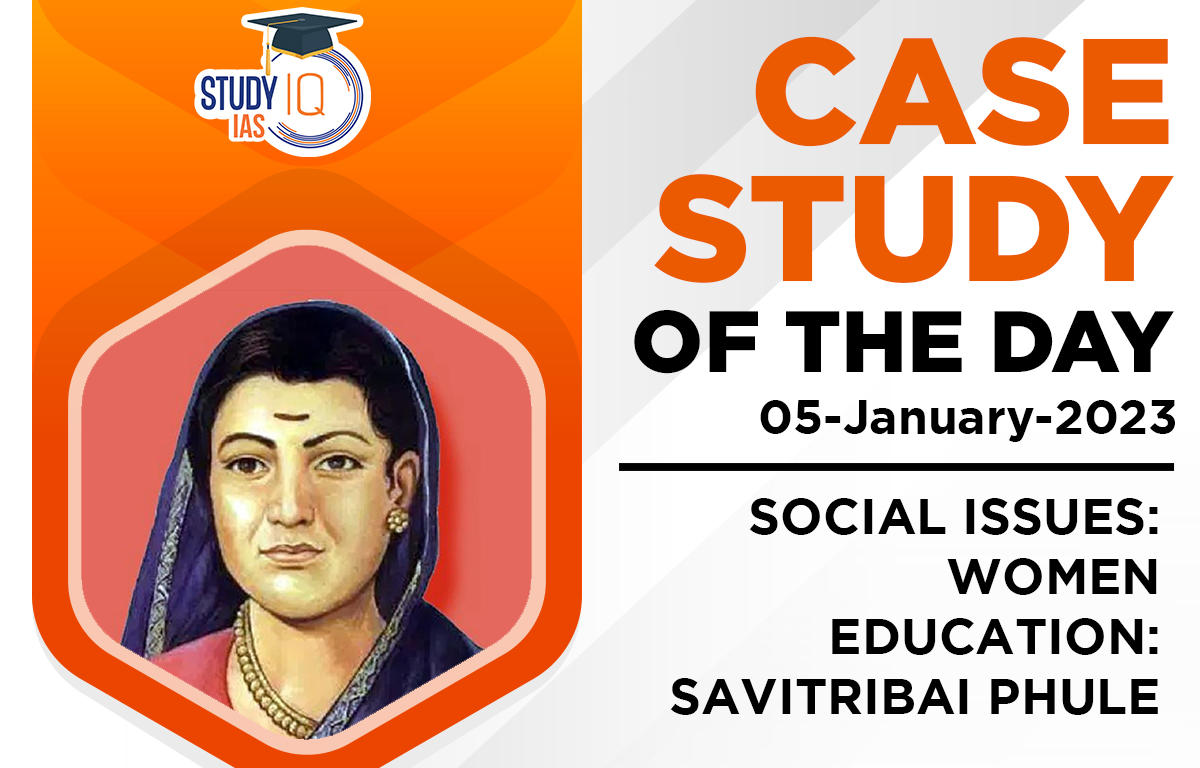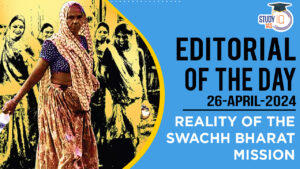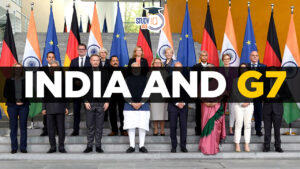Background Savitribai Phule
- The Prime Minister paid homage to Savitribai Phule on her birth anniversary.
About Savitribai Phule

- Savitribai Phule was a pioneer who challenged oppressive social norms in her quest for women’s education, equality and justice and is formally recognised as India’s first woman teacher.
- A Dalit woman from the Mali community, Savitribai was born on January 3, 1831, in Maharashtra’s Naigaon village.
- At a time when it was considered unacceptable for women to even attain education, she along with her husband Jyotirao Phule went on to open a school for girls in Bhidewada, Pune, in 1848.
- Further, the Phules opened more such schools for girls, Shudras and Ati-Shudras (the backward castes and Dalits, respectively) in Pune, leading to discontent among Indian nationalists like Bal Gangadhar Tilak.
- Also, they both started the Balhatya Pratibandhak Griha (‘Home for the Prevention of Infanticide’) for pregnant widows facing discrimination.
- She also advocated inter-caste marriages, widow remarriage, and eradication of child marriage, sati and dowry systems, among other social issues.
- Later, In 1873, the Phules set up the Satyashodhak Samaj (‘Truth-seekers’ society’), a platform open to all, irrespective of their caste, religion or class hierarchies, with the sole aim of bringing social equity.
- She defied all odds, as she carried the titve (earthen pot), at her husband’s funeral procession in 1890.
- Savitribai also became involved in relief work during the 1896 famine in Maharashtra and the 1897 Bubonic plague, in which she herself contracted the disease and breathed her last in


 Current Affairs 26th April 2024 for UPSC...
Current Affairs 26th April 2024 for UPSC...
 Editorial of the day (26th Apr): Reality...
Editorial of the day (26th Apr): Reality...
 India And G7, India has Received Invitat...
India And G7, India has Received Invitat...

















